
Sports Nutrition for Beginners
Eating properly for the demands of endurance sports can be challenging, especially if you’re new to sport. We explore common misconceptions and pitfalls for the beginner endurance athlete.

Eating properly for the demands of endurance sports can be challenging. Without the right fuel, performance and recovery will be compromised. Learn how to master and implement a sports nutrition strategy that works for you, whether that’s during your workouts or races.

Eating properly for the demands of endurance sports can be challenging, especially if you’re new to sport. We explore common misconceptions and pitfalls for the beginner endurance athlete.

Sports nutrition for endurance athletes is controversial. With the help of experts like Dr. Asker Jeukendrup, Dr. Timothy Noakes, and Dr. John Hawley, we examine the science of fueling your body for performance and health.

Carbohydrates, fats, and proteins are the fuels that power human performance and recovery. And water is a critical piece of the puzzle.
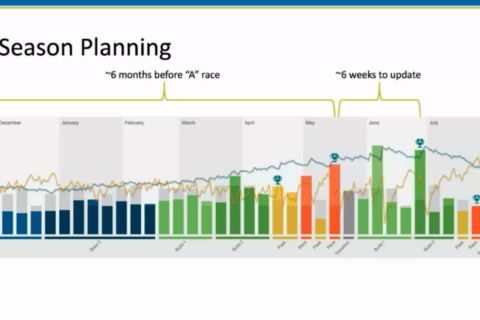
The best cyclists know that race-day nutrition must be planned—quantity, types of food, and timing that will best fuel your body for best performance.
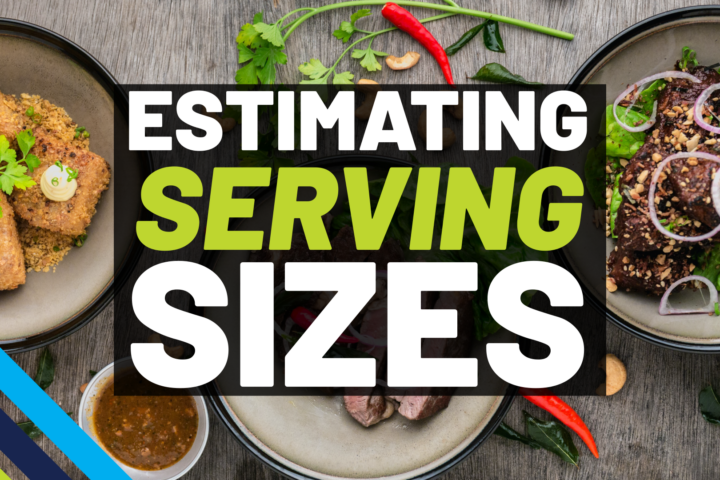
Sports nutritionist Ryan Kohler shares three fast, simple ways to estimate portion sizes without counting calories or using mobile apps.

Seeking an “ideal racing weight” is a tactic many endurance athletes use to improve performance. Here’s how to find your fastest race weight—while avoid being too heavy or too light.

The author of The Athlete’s Gut talks with us about digestive issues like bloating, cramps, pain and inflammation, all of which can derail the best event preparation plans.

We’re joined by one of the world’s preeminent nutrition researchers to dive into the history, changing perception, and efficacy of supplements.

We gathered some of our favorite nutrition-themed questions on the psychology of food, the advantages of running before or after a big meal, winter weight fluctuations, and more.

Sports nutrition for endurance athletes is controversial. With the help of experts like Dr. Asker Jeukendrup, Dr. Timothy Noakes, and Dr. John Hawley, we examine the science of fueling your body for performance and health.

With the help of CTS coach Renee Eastman, we field questions on injury, the power of consistency, weight vs. power, and fast-twitch fibers.

Stage races and other multi-day events offer special challenges, particularly when it comes to recovery. We explore three of the key elements to maintaining good performances day after day.
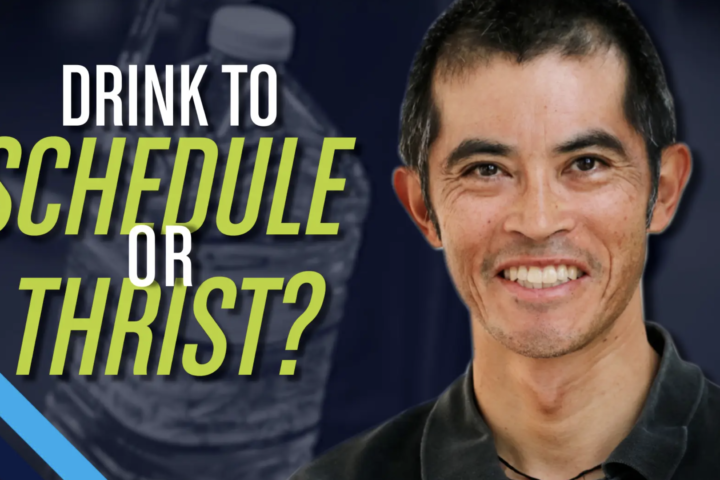
Dr. Stephen Cheung explores whether you should drink according to a fixed schedule or if thirst is enough to dictate how much you drink.
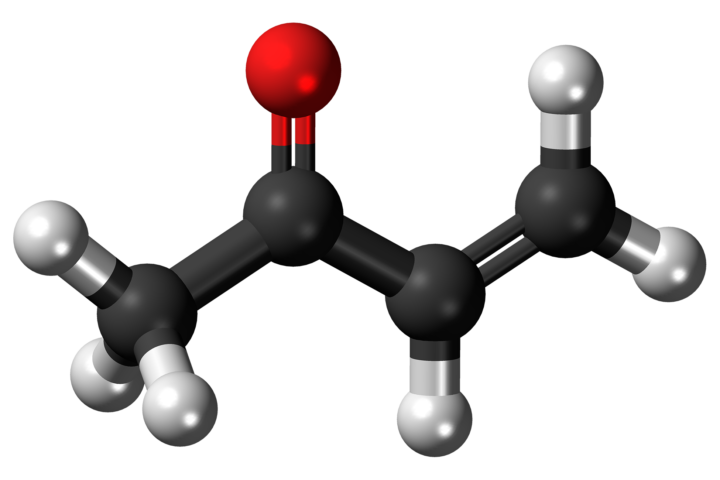
Exogenous ketones reached “super fuel” status in 2016. Since then, research hasn’t been so positive. We explore the potential benefits of supplementation with ketone esters.

Eating properly for the demands of endurance sports can be challenging, especially if you’re new to sport. We explore common misconceptions and pitfalls for the beginner endurance athlete.

If you decide to take supplements as an athlete, you need to understand as much as you can about healthy eating and your body. Supplement responsibly!

Gluten is bad news for your body. What, exactly, are the long-term effects and why?
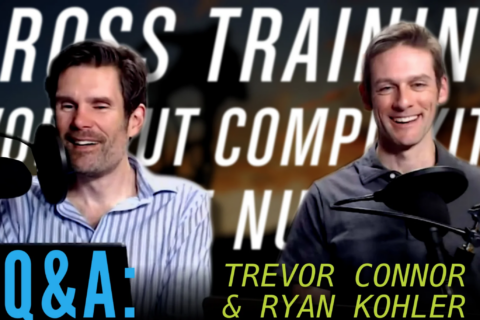
Ryan and Trevor tackle questions on how running can be used in the base season, recovery for time-crunched athletes, the complexity of workouts, pre-race meal planning, and much more.
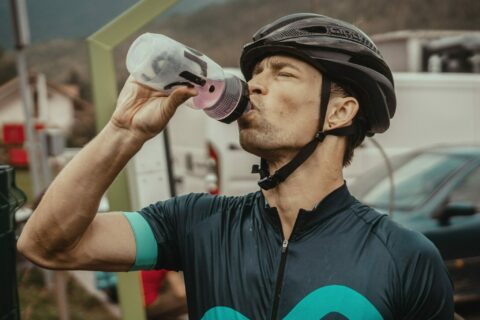
Few topics in endurance sports are more misunderstood and draw more ire than hydration and electrolyte sports drinks. Trevor Connor explores the biochemical mechanics to show what happens when we drink salty sports drinks.

Dehydration? Electrolyte imbalance? Heat? None of these actually causes cramping, according to new theories. Coach Trevor Connor takes a closer look.
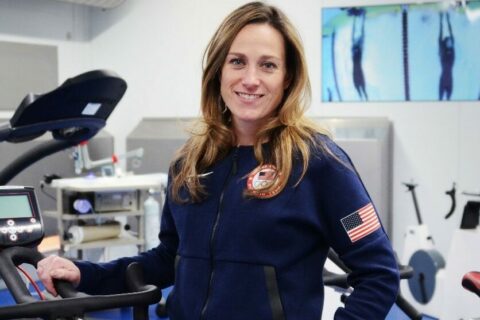
Physiologist Lindsay Golich, who works with some of America’s best Olympic athletes, helps us field questions on heat, altitude, FTP testing, fasted training, and much more.
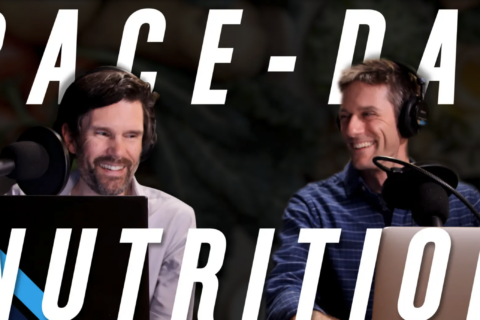
Coaches Ryan Kohler and Trevor Connor discuss how to write out your nutrition plan, how to determine what nutrition will be available at aid stations, estimating nutrition needs between aid stations, and much more.